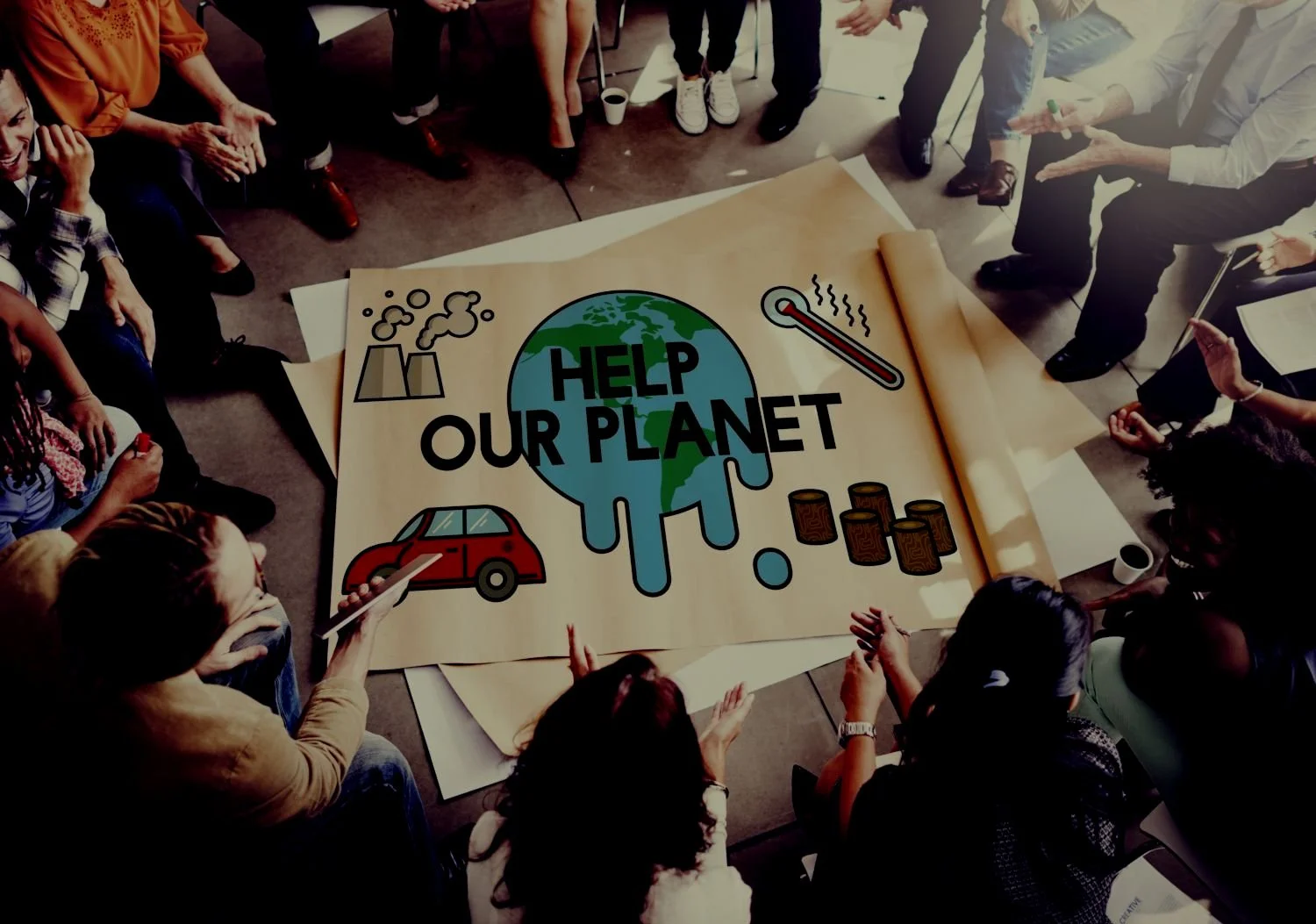March 2021
Nowadays, we consider laptops friendly machines that connect us to the world, a tool now indispensable in our work and private lives. Whether you are a writer, student, content creator, or want to devour the latest Netflix series in your cosy bedroom.
An area of consumption that concerns us all and that we can certainly make more environmentally friendly.
Here is all you need to know about purchasing a sustainable laptop, making it last, and how to dispose of it sustainably.
Using your laptop considerately
Improving your laptop’s efficiency is the first way to make using it more sustainable. There is always a way to cut the CO2 emissions of our laptops by consuming less energy while extending battery life.
Turn down the screen brightness.
Turn down the keyboard brightness.
Check sleep settings. You can shorten the time before the display turns off.
Apply a battery-usage app.
Turn off Bluetooth and Wi-fi when not in use.
Switch off/ shut down your laptop instead of leaving it on standby for hours.
Unplug the charging cable when the laptop is fully charged or not in use.
Repairing your laptop
Most companies design efficient laptop models, but only so that they last for a few years. They make them hard to update or maintain, forcing us to buy new electronics to replace them when components start failing. Taking care of your device and replacing components where possible is the most sustainable way to keep your laptop.
To resolve laptop hardware issues, try contacting the manufacturer for support. If your warranty has run out, turn to independent repair shops – though some companies offer services past warranty, it’s worth checking with them first.
You can also try fixing your laptop, with websites like iFixit offering comprehensive guides.
Choosing a ‘new’ laptop
Before you buy a brand-new laptop, think about buying a used one. A reused laptop is not only more environmentally friendly but also cheaper.
Refurbished laptops
Consider buying a refurbished laptop which has been restored or reconditioned. They’re cheaper to purchase and are very sustainable: a restored laptop can add years to its life and also avoid about 50% of the pollution from manufacturing a new one.
Look online for any sellers of refurbished tech. Sites like AfB - Social & Green IT, Cimos, ComputerMax, Computer Parts, Computer Union, Gebrauchtcomputer24, Green Panda, Messoanuovo, PC Billiger, Preiswerte PC, Refurbed, Refurbished, Reware, Simpaticotech, Sims Lifecycle Services have a range of offers.
Considerations before purchasing a new laptop
Okay, we understand; you are looking for a brand-new laptop. Before buying the product, here are a few steps to ensure a sustainable purchase.
Ethical impact: the Good Shopping Guide scores companies on workers’ conditions and treatments along the chain leading to the end product. Or, check reviews by Ethical Comparison Table.
Upgradability: some components are often soldered in place, making them impossible to replace. Research the replaceability of a computer’s components before buying.
Energy efficiency: the less energy needed to power the laptop, the lower its impact. Greenpeace offers a ‘Guide to Greener Electronics’.
Buying locally: most big names will have authorised partners to sell their products, letting us source them locally. This is much better than buying online as it cuts out excessive packaging and long shipping routes.
Certified laptops
When buying, also remember that no laptop is completely sustainable so no certification can label it as such.
However, the TCO has a certified list of notebooks whose components and manufacturing incorporate sustainable and ethical means.
Then there’s the Energy Star Label, marking products for energy efficiency. Electronics that use energy more efficiently reduce the pollution surrounding energy production. They also have a list of certified computers.
The EU Ecolabel looks at the whole cycle, from raw material acquisition to disposal. One of their labels on a laptop means more efficient energy use, limits the use of harmful substances, limits the use of resources by promoting recycling, extends life through easy upgrades, and reduces waste through take-back programmes.
In the Scandinavian countries, watch out for the Nordic Ecolabel (also known as "Nordic Swan"). It certifies numerous products, including notebooks. Those products contain no cadmium, lead or mercury additives. In addition, 90% of the plastics and metals used must be able to be recovered.
REUSING YOUR LAPTOP
If you want to get rid of your laptop, consider how to rescue your old lady.
Here are a few ideas:
Donate it to charities (for example, Labdoo or World Computer Exchange), libraries, schools, or even someone you know.
Reuse your laptop as a second monitor, a digital photo frame, or using its parts.
Disposing of electronics
Most laptops contain chemicals and materials harmful to the environment, which are realised when they start degrading in a landfill. If you’re getting rid of your laptop, but want to avoid this scenario, try the following:
Take part in recycling programmes; major manufacturers have a take-back policy where the parts and materials are reused. Or, see what your local recycling authority can do for you.
Check offers for companies. Recycling programmes exist for companies, too, with Sims IT shop, ERI or bb-net offering ways to send your laptop safely away.
Since laptop batteries can potentially be the most harmful component when disposed of, remove them beforehand and dispose of them separately.
If you doubt how to sort your laptop parts correctly, check your national environmental protection organisation’s website. They might have further tips and even know the nearest electronic recycling facility.
Do you want to learn more about How to sort and handle your waste sustainably? Check out our manual entry on Household Waste →.
LEARN MORE
Check our sources: Bibliography →


















